Obama or Romney: It Matters as much as Choosing Pepsi over Coke
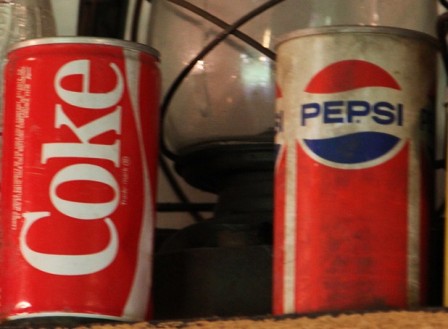
Most
Americans believe that they live in a democracy which implies options
to choose from. They still think that the United States is a two party
system with real differences between Democrats and Republicans. But in
reality the very same non-elected people have been pulling the strings
and making policy decisions for the sake of the same interests for
decades. Alan Greenspan is of course a typical example of this, but so
are Kissinger and Brzezinski for issues on foreign policy. Larry
Summers, a Clinton man who had a big responsibility in creating the real
estate bubble and the subsequent 2008 crash, became quickly one of
President Obama’s key economic advisers. Ben Bernanke, President Obama’s
Chairman of the Fed was George W. Bush’s Chairman of the Feds. The same
troubling continuity of powerful policy players took place between the
Reagan and Bush Sr. Administration and the Clinton administration.
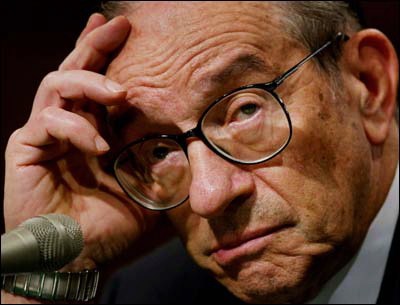
It
is hard to pinpoint when this democracy took a wrong turn towards a
plutocracy where oligarchs stay in power from one generation to the
next. Where a political aristocracy has the impudence to maintain an
incestuous relationship with bankers and corporations at the expense of
the people that they are supposed to represent. And where a small group
of non-elected powerful “wise men” pull the strings in the background,
like puppet masters,one administration after the other. Americans are
not, in general, very well informed and most are still under the
illusion that the two parties give them real options. That said, US
citizens intuitively understand the corruption and failures of their
political class. Currently, the public approval rating of the US
Congress is 17 percent compared to 75 percent who disapprove. It is at
one of the lowest level of confidence in US history.
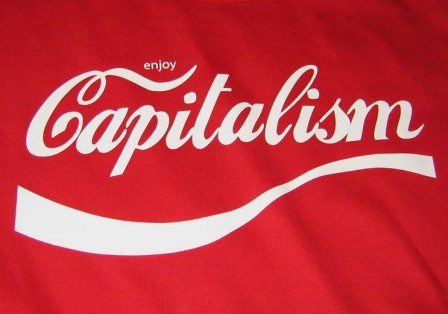
Some
were hoping that election 2012 would be less predictable than the usual
American political charade by offering some real choices or at least
debates. A few politicians could have found the courage to challenge the
plutocracy’s status quo, and at least open necessary discussion. Some
of us were putting their hopes on Congressman Ron Paul, on the right,
and Senator Bernie Sanders, on the left, to disrupt the smoke and
mirrors
maze of America’s pathetic political discourse. Each of them could
have challenged the monstrosity that has become the monolithic
Demorepublocrat one party system. But it will not happen this time
around, and it might never happen at all unless money is taken out of
politics. In US politics, just like in branding and marketing only
money talks. There is no room for small brands, and the big brands have
only minute differences.
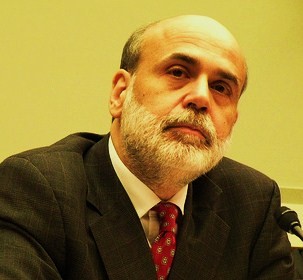
I
almost never drink either Pepsi or Coke, but unless you have developed a
branding fixation/addiction for either of them, they are very hard to
tell apart. Both sodas concoction have a lot in common, they have a lot
of sugar and caffeine and they represent, unless consumed in extreme
moderation, a serious hazard to your health. In a society where
consumption is king, politics and politicians have become a product, a
brand. When consumers go to the market, if they like sodas, they might
buy Pepsi or Coke.
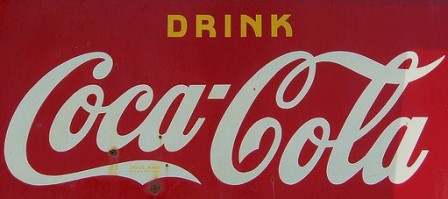
Voters, the consumers of talking points of their favorites
cable
news, will be faced with the same type of dilemma when it is time to
vote in November 2012. Does it really matter? Will the choice made
change US policies domestically and abroad? Domestically, Wall Street
and the big corporations will still be calling the shots, in either
case, and Congress will display its usual inertia. Internationally, the
same imperialist US policies will be maintained or even extended in both
instances. So, whomever wins in November probably matters as much as
buying a Pepsi instead of a Coke when you go to the supermarket.
 Most
Americans believe that they live in a democracy which implies options
to choose from. They still think that the United States is a two party
system with real differences between Democrats and Republicans. But in
reality the very same non-elected people have been pulling the strings
and making policy decisions for the sake of the same interests for
decades. Alan Greenspan is of course a typical example of this, but so
are Kissinger and Brzezinski for issues on foreign policy. Larry
Summers, a Clinton man who had a big responsibility in creating the real
estate bubble and the subsequent 2008 crash, became quickly one of
President Obama’s key economic advisers. Ben Bernanke, President Obama’s
Chairman of the Fed was George W. Bush’s Chairman of the Feds. The same
troubling continuity of powerful policy players took place between the
Reagan and Bush Sr. Administration and the Clinton administration.
Most
Americans believe that they live in a democracy which implies options
to choose from. They still think that the United States is a two party
system with real differences between Democrats and Republicans. But in
reality the very same non-elected people have been pulling the strings
and making policy decisions for the sake of the same interests for
decades. Alan Greenspan is of course a typical example of this, but so
are Kissinger and Brzezinski for issues on foreign policy. Larry
Summers, a Clinton man who had a big responsibility in creating the real
estate bubble and the subsequent 2008 crash, became quickly one of
President Obama’s key economic advisers. Ben Bernanke, President Obama’s
Chairman of the Fed was George W. Bush’s Chairman of the Feds. The same
troubling continuity of powerful policy players took place between the
Reagan and Bush Sr. Administration and the Clinton administration. It
is hard to pinpoint when this democracy took a wrong turn towards a
plutocracy where oligarchs stay in power from one generation to the
next. Where a political aristocracy has the impudence to maintain an
incestuous relationship with bankers and corporations at the expense of
the people that they are supposed to represent. And where a small group
of non-elected powerful “wise men” pull the strings in the background,
like puppet masters,one administration after the other. Americans are
not, in general, very well informed and most are still under the
illusion that the two parties give them real options. That said, US
citizens intuitively understand the corruption and failures of their
political class. Currently, the public approval rating of the US
Congress is 17 percent compared to 75 percent who disapprove. It is at
one of the lowest level of confidence in US history.
It
is hard to pinpoint when this democracy took a wrong turn towards a
plutocracy where oligarchs stay in power from one generation to the
next. Where a political aristocracy has the impudence to maintain an
incestuous relationship with bankers and corporations at the expense of
the people that they are supposed to represent. And where a small group
of non-elected powerful “wise men” pull the strings in the background,
like puppet masters,one administration after the other. Americans are
not, in general, very well informed and most are still under the
illusion that the two parties give them real options. That said, US
citizens intuitively understand the corruption and failures of their
political class. Currently, the public approval rating of the US
Congress is 17 percent compared to 75 percent who disapprove. It is at
one of the lowest level of confidence in US history. Some
were hoping that election 2012 would be less predictable than the usual
American political charade by offering some real choices or at least
debates. A few politicians could have found the courage to challenge the
plutocracy’s status quo, and at least open necessary discussion. Some
of us were putting their hopes on Congressman Ron Paul, on the right,
and Senator Bernie Sanders, on the left, to disrupt the smoke and
Some
were hoping that election 2012 would be less predictable than the usual
American political charade by offering some real choices or at least
debates. A few politicians could have found the courage to challenge the
plutocracy’s status quo, and at least open necessary discussion. Some
of us were putting their hopes on Congressman Ron Paul, on the right,
and Senator Bernie Sanders, on the left, to disrupt the smoke and  I
almost never drink either Pepsi or Coke, but unless you have developed a
branding fixation/addiction for either of them, they are very hard to
tell apart. Both sodas concoction have a lot in common, they have a lot
of sugar and caffeine and they represent, unless consumed in extreme
moderation, a serious hazard to your health. In a society where
consumption is king, politics and politicians have become a product, a
brand. When consumers go to the market, if they like sodas, they might
buy Pepsi or Coke.
I
almost never drink either Pepsi or Coke, but unless you have developed a
branding fixation/addiction for either of them, they are very hard to
tell apart. Both sodas concoction have a lot in common, they have a lot
of sugar and caffeine and they represent, unless consumed in extreme
moderation, a serious hazard to your health. In a society where
consumption is king, politics and politicians have become a product, a
brand. When consumers go to the market, if they like sodas, they might
buy Pepsi or Coke. Voters, the consumers of talking points of their favorites
Voters, the consumers of talking points of their favorites 
No comments:
Post a Comment